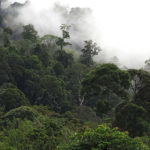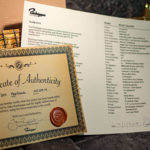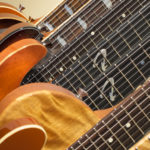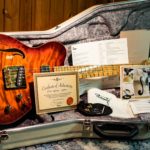
CITES – good or bad?
There is quite a bit of controversy about CITES within the guitar loving community. Let me set one thing straight, though. CITES is good!
It is an agreement between governments to protect our planet by ensuring that international trade in specimens of wild animals and plants doesn’t threaten the survival of the species in the wild. I totally support this – and who in their sensible minds would not?
CITES and guitar industry
So – what does any of this have to do with guitars? Well, guitars are most often made of wood. And when harvested according to sustainable principles, there’s nothing wrong with that, either!
Some of the common tonewood species used in guitars are however listed in CITES, in one of its various categories (Appendix) defining the degree of protection needed for each species.
The tonewood we use
Most of the tonewood species we use do not require any certification. I’ve compiled into this article up-to-date information about the CITES regulations of the species we use, and how this may affect your life in some rare occasions.
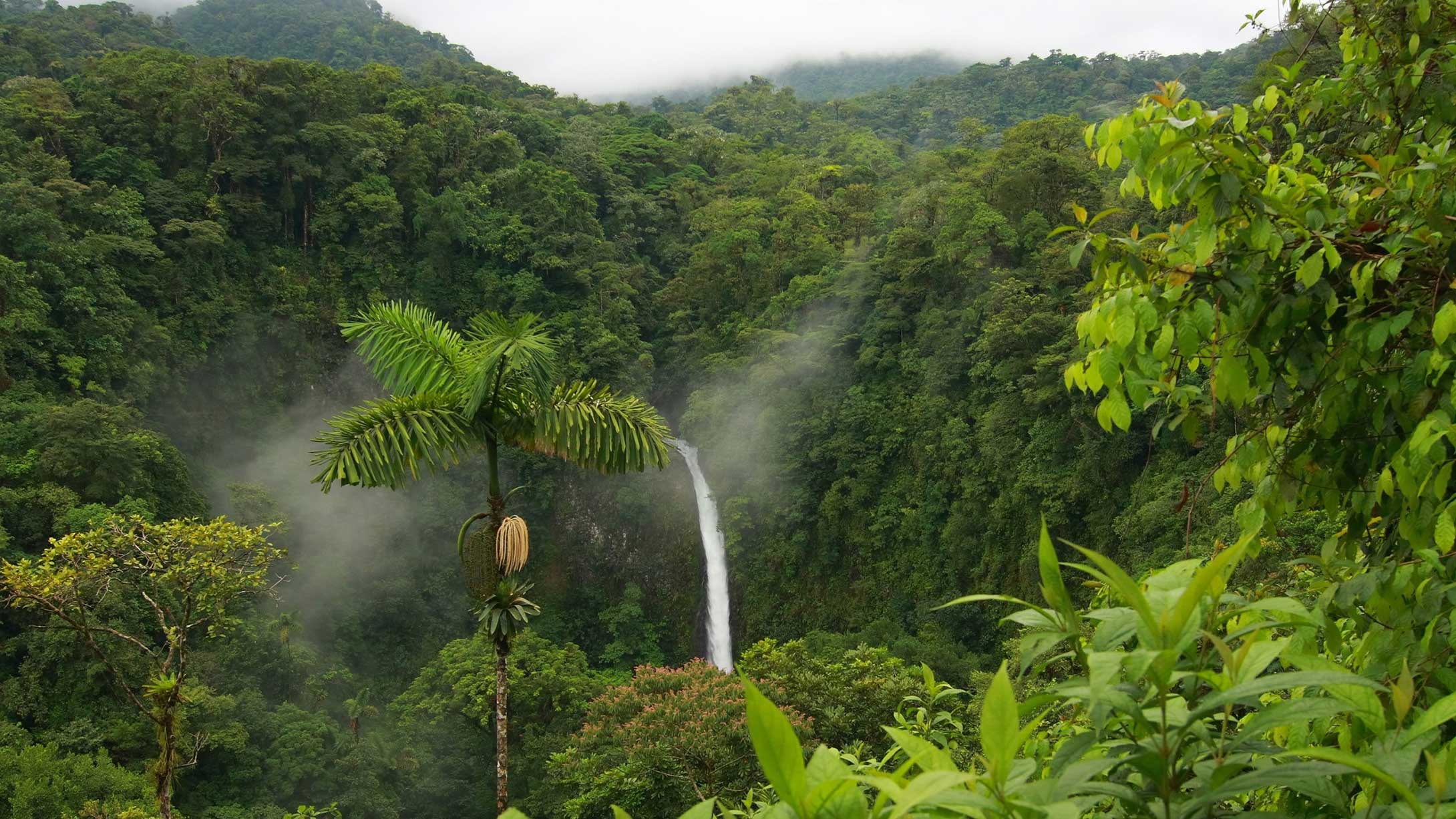
East Indian Rosewood (Dalbergia Latifolia) was added to the CITES Appendix II (with special amendment that requires not only the raw materials, but also the finished products such as guitars to be registered) in January 2017. This change generated quite a storm within the musical instrument industry, and the rule hit the small guys – luthiers and small companies – hardest.
The regulations were revised again on August 28, 2019, the Conference on International Trade in Endangered Species of Wild Flora and Fauna (CITES) in Geneva, Switzerland voted to exempt finished musical instruments, parts, and accessories from CITES restrictions on all rosewood species except Brazilian rosewood. As of November 26, 2019, the exemption for musical instruments is now in effect, according to the CITES convention.
What does this mean? To put simply, it means that the guitars with East Indian rosewood fretboards we exported outside EU have a CITES certificate with them – but after November 2019 certification is not needed anymore, even for those instruments shipped between 2017-2019. Complicated, eh?
Brazilian Rosewood (Dalbergia Nigra) was listed in 1991 to the CITES Appendix I – the most strict category of protection there is – and guitars with Brazilian Rosewood parts always require certification. We have a small stock of legal and CITES certified pre-convention Brazilian Rosewood available, and occasionally we’ve used it in our guitars in the past, too. If your Ruokangas guitar has a part or parts made of Brazilian Rosewood, you always receive the CITES certificate from us (or your Ruokangas dealer) with the guitar automatically. Keep the certificate safe. If the paperwork gets lost, we can not necessarily provide you a replacement. However, if your Ruokangas guitar warranty card says ‘Brazilian Rosewood Fretboard’ but there is no certificate included, feel free to contact us for assistance. We’ll do our best to help you out.
If your Ruokangas guitar or bass warranty card says ‘Rosewood’, it is always East Indian Rosewood – never Brazilian. Since 2012 we’ve had both the trade & latin name of all the wood species listed in the warranty card.
Spanish Cedar (Cedrela Odorata) is listed in the CITES Appendix II, with the exemption of finished musical instruments, parts, and accessories. This means it’s basically our tonewood suppliers’ headache and to some extent ours – but definitely not yours. For finished products no certification or registration is needed, or even available. This means that no certification is required nor available to your Ruokangas guitar made of Spanish Cedar.
What will the future bring?
Well, none of us has the crystal ball. I advice you to keep the documentation safe, that shows when your Ruokangas guitar was made. It helps you to have the documents (invoice/receipt, warranty card and/or certificate of authenticity) at hand, in case the CITES regulations would change. If you do not have any of such documentation saved, however, feel free to contact us for assistance.
